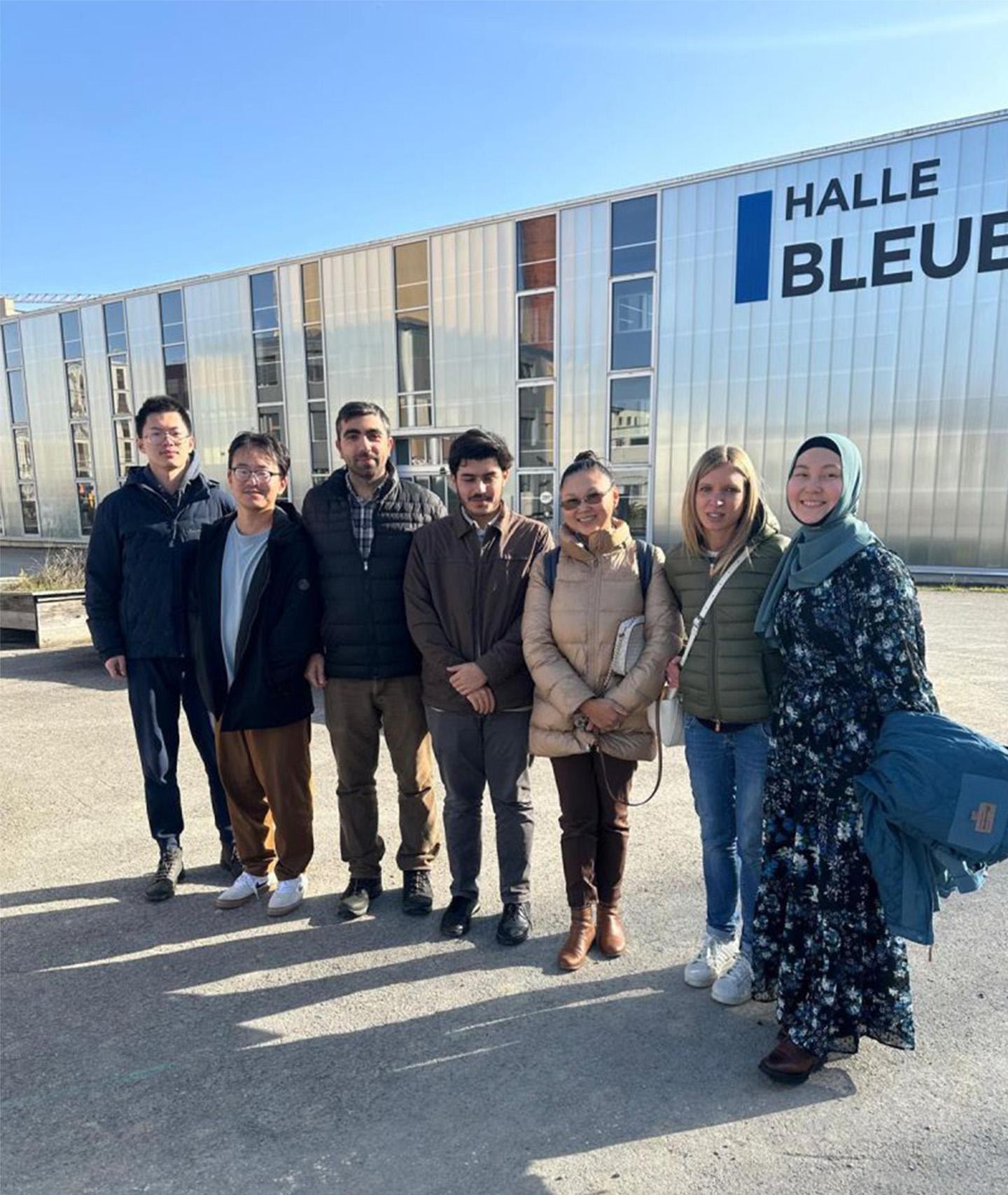ICE welcomes a new postdoc Jaafar Younes

© 2024 EPFL / Khovalyg
Dr. Jaafar Younes joined the ICE lab as a postdoc in November'24 to propel the research in personalized comfort.
Jaafar shares his experiences living in Switzerland and joining the ICE lab and EPFL.
- What is your background, and how did you join the ICE lab?
I am a mechanical engineer with an MS in Energy Studies and a PhD in Mechanical Engineering - thermal and fluids sciences. I completed my PhD at the American University of Beirut, Lebanon, under the supervision of Prof. Nesreen Ghaddar. During my PhD, I worked on multiple topics, all centered around thermal comfort. The general aims and scope of the ICE Lab’s research resonate strongly with my interests, particularly their focus on personalized thermal comfort assessments and personalized solutions. I see a synergy between my background in human thermophysiology modeling and the lab's expertise in experimental methods and personalization, which is what drew me to join the team. I first met Dr. Khovalyg at a conference, Healthy Buildings 2023, where we had a quick chat. Later, a friend suggested this position, which is where everything truly began.
- What is the focus of your research, and how does your prior research experience fit the project?
My current research focuses on developing thermal sensation models with two main characteristics: personalized and localized. These are particularly important with the current shift from centralized heating, ventilation, and air conditioning systems into personalized environmental control systems. Combined physics-based and data-driven methods are planned to achieve this goal. In my PhD research, I explored human thermal responses to heat stress and developed strategies to improve thermal comfort across different environments, populations, and scales. This included both macro-scale interventions for entire spaces and micro-scale solutions for localized effects, in both indoor and outdoor settings. I developed a thermal sensation model for elderly individuals, modified existing human thermoregulation models, and integrated these models with computational fluid dynamics, building models, and city-scale simulations with novel frameworks. I also addressed groundbreaking fundamental heat and mass transfer problems with potential applications. My expertise in thermophysiology modeling, thermal sensation and comfort, numerical methods, and data-driven approaches is directly aligned with the goals of my current research.
- What is your impression of living in Switzerland?
Switzerland, to me, is a place where nature’s beauty meets precision and order. Its pristine mountains, clear lakes, and nice villages offer an idyllic setting for hiking and deep thoughts. During my short stay so far, I have particularly enjoyed the views on the route from Lausanne to Freiburg and the hiking trails in the Interlaken region, which are as beautiful as the images I had seen before arriving. As for the order, everything here runs like a well-oiled machine—punctuality, cleanliness, respect for rules, and the reliability of public transport all standout. All in all, my experience living here has been positive.
- What are your impressions of the EPFL (Lausanne and Fribourg campuses)?
I have been fortunate to experience the best of both the Lausanne and Fribourg campuses of EPFL. Lausanne provides a rich academic environment, while the entrepreneurial, startup-like spirit of the Smart Living Lab in Fribourg offers a unique and stimulating experience. The facilities are excellent and equipped with state-of-the-art experimental and computational resources. The environment is diverse and international, with friendly and collaborative people.

